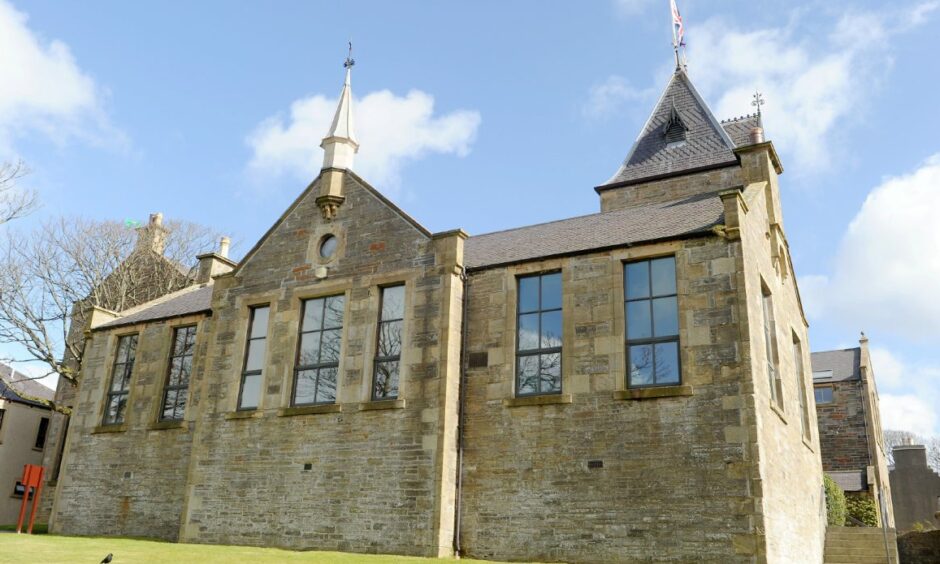Orkney councillors have agreed the fees for short-term lets licences in the county.
The fees, set by the licensing committee, will come into effect from October 1, under Scottish Government Legislation.
As is the case in other areas, there is widespread concern about the scheme among accommodation providers.
What are the concerns about the licences?
There are worries that the cost of the licences, and the work needed to get them, will force some accommodation providers out of business.
Business owners in Orkney face challenges such as a shorter tourism season and additional costs, compared to those in mainland Scotland.
There are also problems finding contractors to do the mandatory checks associated with the licences.
This issue can be even worse on the islands away from the Orkney mainland, such as the north isles.
The council’s public consultation on its proposed fees attracted 60 responses – a high number for the local authority.
Questions were asked about the level of the fees and the complexity of the system.
The fact the three-year licence will have to be paid upfront also did not sit well with respondees.
In addition, it is felt the scheme couldn’t come at a worse time, in the wake of Covid-19 impacts.
What did councillors agree?
- Fees ranging from £310 to £510, or from £232.50 and £382.50 for the county’s ferry-linked isles
- Do away with the previously proposed higher level fees and merge the two lowest bands
- A 20% reduction in fees across the board
- A further 25% reduction for Orkney’s ferry-linked isles
- Fees will be reviewed annually from March 2023 onwards
The Scottish Government has said the legislation is needed to ensure short-term lets are safe and meet the needs of their local communities, for example for housing.
The tone from Orkney Islands Council is that this legislation is something it has to implement and it’s not enthusiastic about it.
Councillor Leslie Manson said the authority had to act as “agents of central government” for the licensing scheme.
Council officers had “made the best of a bad job” in setting the fees, he said.
Mr Manson recognised that the licensing scheme has been developed to deal with problems affecting city areas, such as anti-social behaviour.
This reflects responses received by the Highland Council from operators who said the scheme is “using a sledgehammer to crack a nut”.
The officers said the council wouldn’t be able to accept payments in instalments.
Also, the fees have had to be set at a level that will cover the cost of implementing the scheme.
An amendment from Green councillor Kristopher Leask, to do away with the 20% reduction across the board and keep the fees in line with those paid by long-term let landlords, was not seconded.


Conversation